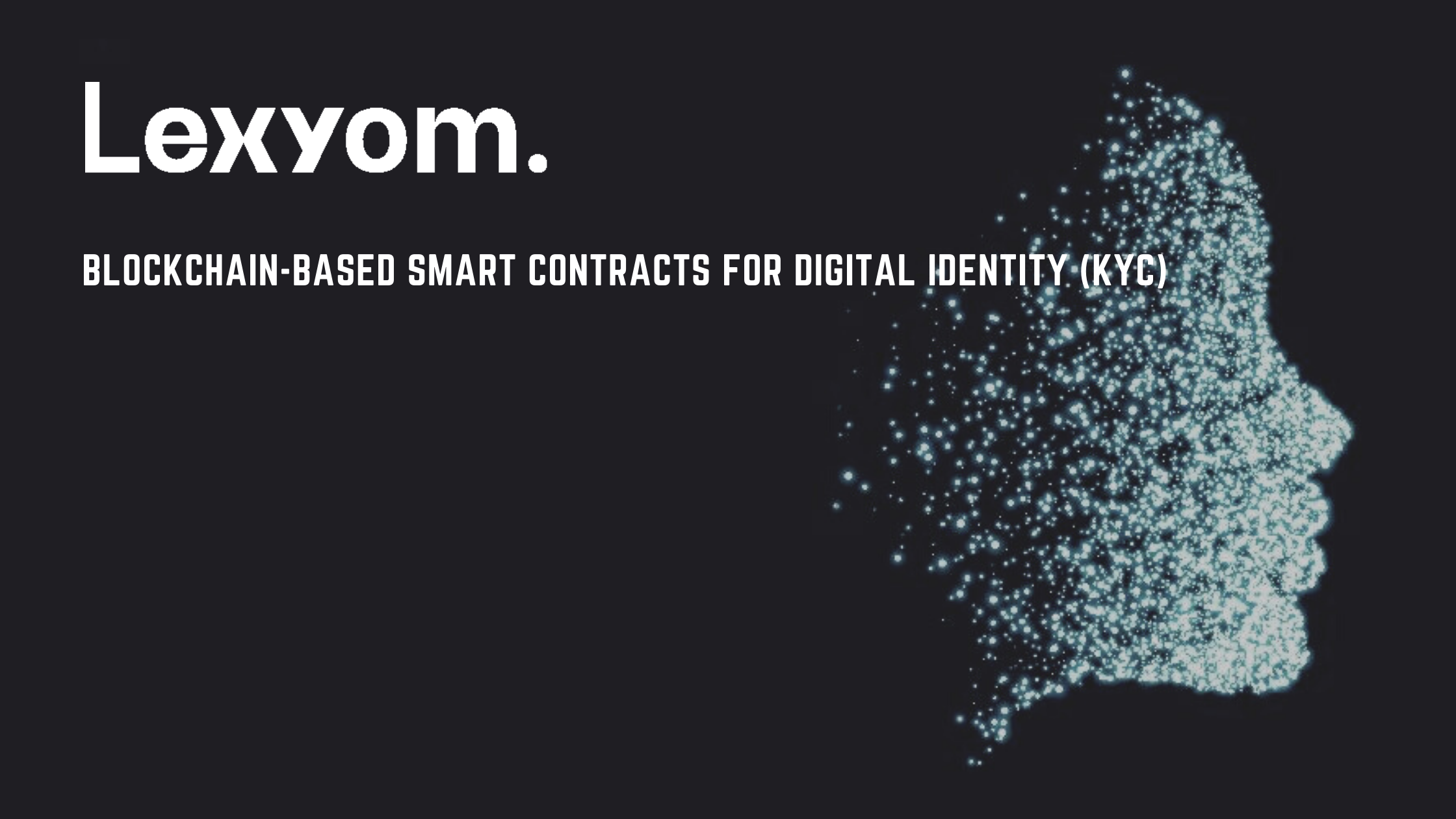Powered by blockchains, smart contracts benefit every industry with more secure and advanced agreements.
This phenomenon connects traditional legal contracts to enterprise technology and online services. It promotes business automation and legal technology growth, which increases data-driven contractual relationships, operations, and analytics and results in greater efficiency.
Identity is a foundational aspect of legal agreements.
When engaging in a contract, parties usually know each other’s identity, whether through market reputation, prior dealings, and due diligence. The counterparty’s identity and the identity of any third parties involved serve as the foundation of the contracting relationship. Hence, the importance of integrating a smart contract – a digital protocol intended to facilitate, verify, and enforce negotiations and performances of contracts – into digital identity systems.
These blockchain-based smart contracts that support credible, traceable, and permanent transactions without the need for third-party intermediaries, are computable legal agreements that help solve frictions inherent in certain business functions.
In terms of KYC compliance, how can blockchain-based smart contracts improve digital identity?
“Blockchain provides a fundamental shift from the traditional Internet of information and communications to the Internet of Value” (Makridakis and Christodoulou, 2019). It is a decentralized record that assures trust and eliminates the need to have a vast middlemen chain.
Likewise, the blockchain-based identity system is a simple, but ground-breaking technology that carries advantages that are likely to bring disruptive changes, such as allowing banks and other financial organizations to rely on a more secure organized model of data handling, by providing:
- Data governance
As mentioned earlier, a blockchain is a record in which data are stored on a single, universally accessible platform (to anyone holding an authorization).
Nonetheless, a Blockchain offers a robust barrier against fraud, guarantees efficient data governance, and helps banks prevent financial crimes and avoid heavy fines (resulting from compliance failures).
This mechanism, also referred to as “Mining,” provides the basis for the cryptocurrency system and enables a peer-to-peer network without a central authority, ensuring that data stored on the blockchain are secured by cryptography and cannot be altered without 51% of the network’s consent.
- Distributed user data collections and centralized controls
A KYC system based on blockchain technology can enable the financial and banking sectors to better identity verification via blockchain solutions.
The availability of data on a decentralized network restricts third parties’ direct access when confirmation or permission is received from the relevant authority.
This protects the KYC system from unauthorized access and grants data owners the ability to maintain oversight, control access to their data, and reduce the likelihood of mistakes or fraud.
- Time and cost efficiency in reporting suspicious Activities
A blockchain-based KYC system shares the available data to all financial institutions maintaining the ledger. Direct access to the latter helps them save time in identifying a scam and reporting it.
Also, blockchains’ immutability nature is quite handy because it gives the ability to trust data stored on a blockchain without the need for secondary validation processes or cross-checking, which makes the reporting and communication processes more time and money efficient.
- Policy standardization and Automation
Many initiatives were adopted to promote KYC policy standardization and improve client data collection.
Today, KYC workflow routing can be coded into smart contracts and standardized across industries. This helps increase the blockchain-based KYC system’s effectiveness and reduces the need for manual oversight in the execution of control and operation processes.
Another way to improve KYC digitization would be by implementing multilingual solutions with translation tools and smart contracts.







